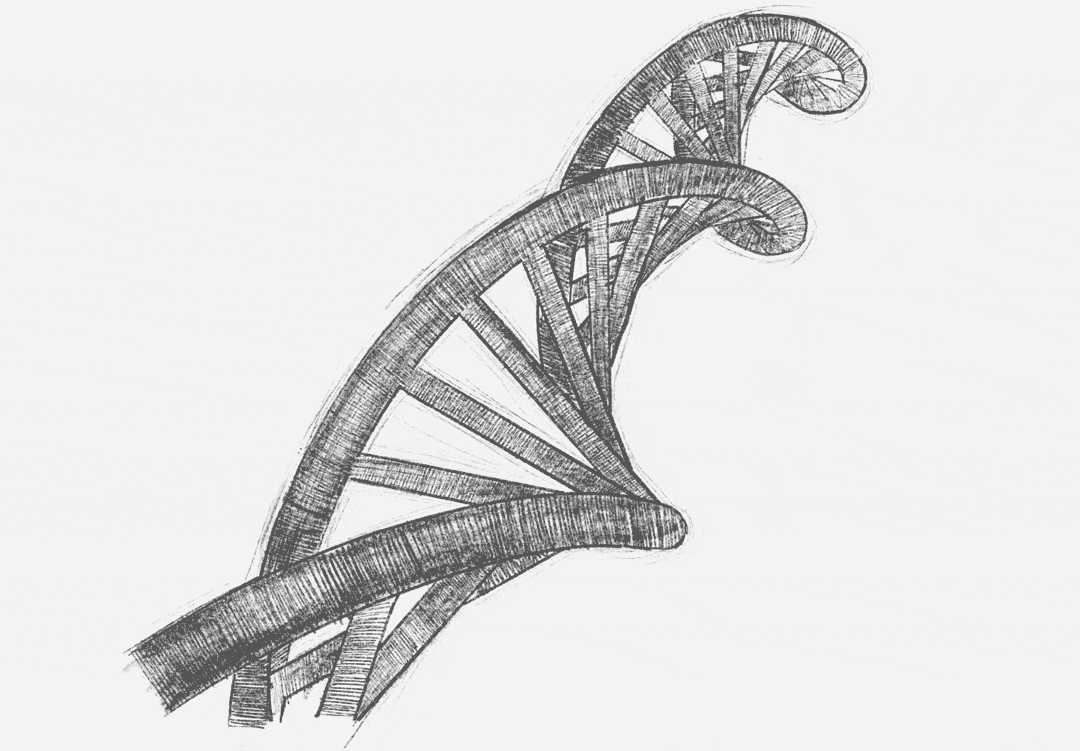Where DNA Breaks
Our Insight Begins
Leverage STRIDE™ through our end-to-end service for precision biomarker discovery and informed decision-making in targeted therapeutics development and patient selection.

Where DNA Breaks
Our Insight Begins
Leverage STRIDE™ through our end-to-end service for precision biomarker discovery and informed decision-making in targeted therapeutics development and patient selection.
GET TO KNOW OUR PLATFORM
STRIDE™ Spotlight
Direct
The technology directly detects free DNA ends in situ
Quantitative
Automated and objective quantification of fluorescent foci by in-house built AI algorithms
Compatible
Applicable with various types of biological material, including patient-derived tissue samples
Sensitive
Reliable measurement of DNA damage at individual lesion level
Specific
Selective detection of single-, double-, or repair protein-associated DNA breaks
intoDNA as a Partner
Expertise
STRIDE™, powered by intoDNA’s expertise, delivers advanced DNA damage analysis. Our proven track record in targeted therapeutics development ensures you gain critical insights for informed decision-making at every stage.
Services
Elevate your research outcomes with our end-to-end service tailored to your specific project requirements. We seamlessly integrate with your chosen biological model and multiplex our assays to harness the full potential of your research initiatives.
Mission
At intoDNA, our unwavering commitment is to deliver cutting-edge, innovative DNA damage diagnostics solutions wherever the integrity of DNA plays a critical role. We are the trusted partner for scientists seeking to unravel the intricacies of DNA damage and its far-reaching impacts.
Global Expertise
We support top pharmaceutical companies, small-to-mid-sized biotechs and research laboratories across the globe.
0.5K+
scientists
100+
candidates
10K+
7/10
top big pharma
0.5K+
scientists
100+
candidates
10K+
7/10
top big pharma
